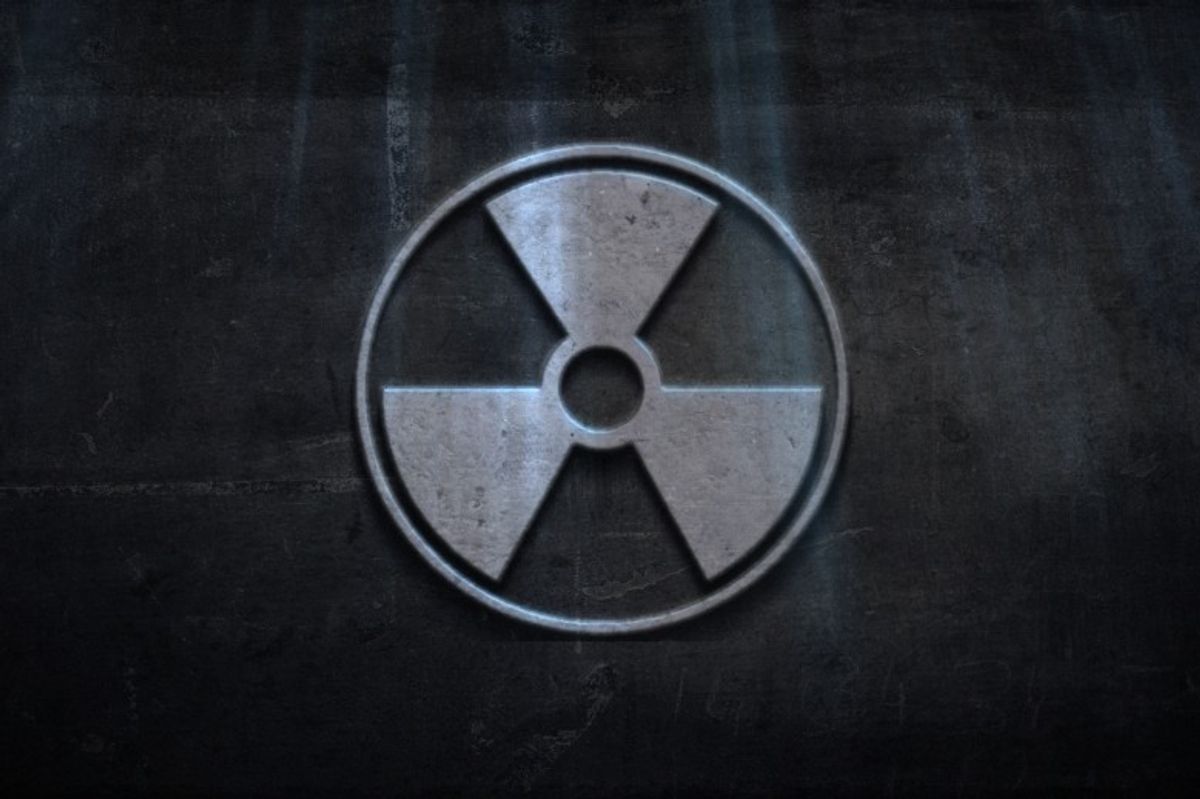You would think that radioactive isotopes, even those used for commercial purposes, would be tightly monitored and controlled. You would also be wrong. Radiological materials were reported as missing not once, but twice at the beginning of 2016. In February, it became publicly known that a case containing 10 grams of Iridium-192 had gone missing in Iraq the previous November. This immediately caused speculation that ISIS had stolen it in order to build a weapon. Then in March another case of Iridium-192 was stolen in Mexico. For Mexico, this was the fourth time radiological material had been inadvertently stolen since 2013. In all of these cases, the materials were eventually found, and none of the radiological material was missing from either one. However, the incidents still raised a great deal of concern over how radioactive materials are handled by private companies.
There are a number of industries that use radiological materials to provide a variety of different services. For example, the materials that went missing in Iraq and Mexico were both used for industrial radiography – a common practice in which radioactive material is used to identify weak spots or cracks in metal objects, such as oil pipelines. Radiological materials also play a key role in medical treatments ranging from blood transfusions to cancer treatments. Additionally, radiological materials are used to sterilize food, enhance the color of some gemstones, and to create the sensors in smoke detectors, among many other applications.
While radiological material is very useful for industry and healthcare, it also has the potential to be used to create weapons systems. These radiological dispersal devices (RDDs), also known as dirty bombs, lack the destructive power of a nuclear weapon. For nuclear weapons, most of the death and damage is caused by the intensity of the nuclear explosion. In contrast, RDDs use conventional explosives to contaminate a large area with radioactive material. However, the radiation is not the primary issue, in and of itself. According to Gregory Jones of the RAND Corporation, “calculations have shown that an attack would be unlikely to produce radioactive contamination sufficient to kill or even injure anyone.” Instead, Jones argues that damage from a dirty bomb is actually psychological and economic.
Quite simply, people are afraid of radiation, and so the use of a dirty bomb would be extremely frightening to everyone in or near the affected area – even if the radiation itself is not a significant health risk. The economic ramifications are largely from the psychological effects. People would avoid any place where a dirty bomb had been detonated, and that behavior could have severe economic repercussions. Thus, while the radiation from dirty bombs is less threatening than many people might think, the weapons are still able to cause terror and impose extremely high costs upon targeted areas.
Given the threat posed by dirty bombs, the regulations regarding the storage and security of radiological material are surprisingly light. Andrew Bieniawski, vice-president for Material Security and Minimization at the Nuclear Threat Initiative, told The Cipher Brief that radiological materials “are located at private sector facilities with minimal or no physical protection, and many sites have no trained on-site security forces. These medical, academic, and research sites are by their nature open environments and accessible to large numbers of people.” Because radiological materials are useful for so many functions and almost none of those functions are military in nature, they are more readily available than nuclear materials. The fact that radioactive isotopes were lost or stolen twice – one in close proximity to areas controlled by ISIS – demonstrates that radiological materials are not as secure as one might hope.
Since dirty bombs themselves are excellent tools for causing fear and chaos, there is a legitimate concern that terrorist groups, like ISIS, will try to exploit insecure radiological materials in order to create and deploy a dirty bomb. ISIS has already used chemical weapons against civilian populations, so it is not difficult to envision them using dirty bombs as well.
Fortunately, no one has ever successfully used a dirty bomb – and the incidents in Mexico and Iraq appear to have helped to raise awareness of the importance of keeping radiological materials out of the hands of bad actors. It remains to be seen if this increased awareness will translate into actions geared at making radiological materials more secure.
Luke Penn-Hall is the Cyber and Technology Producer at The Cipher Brief.









